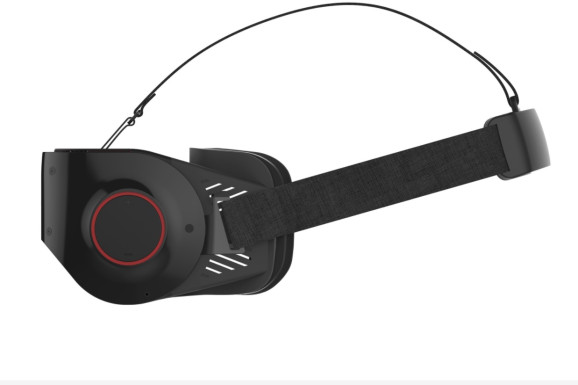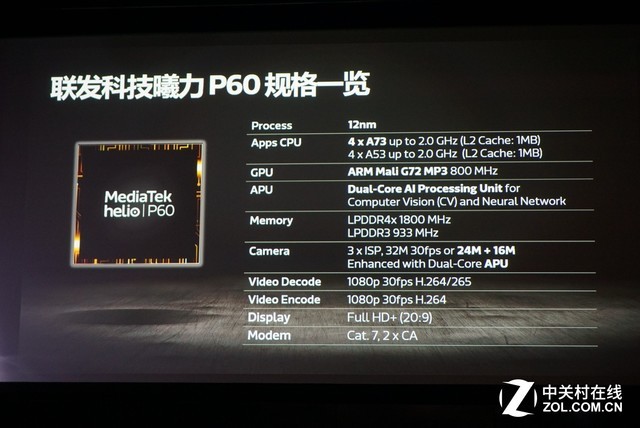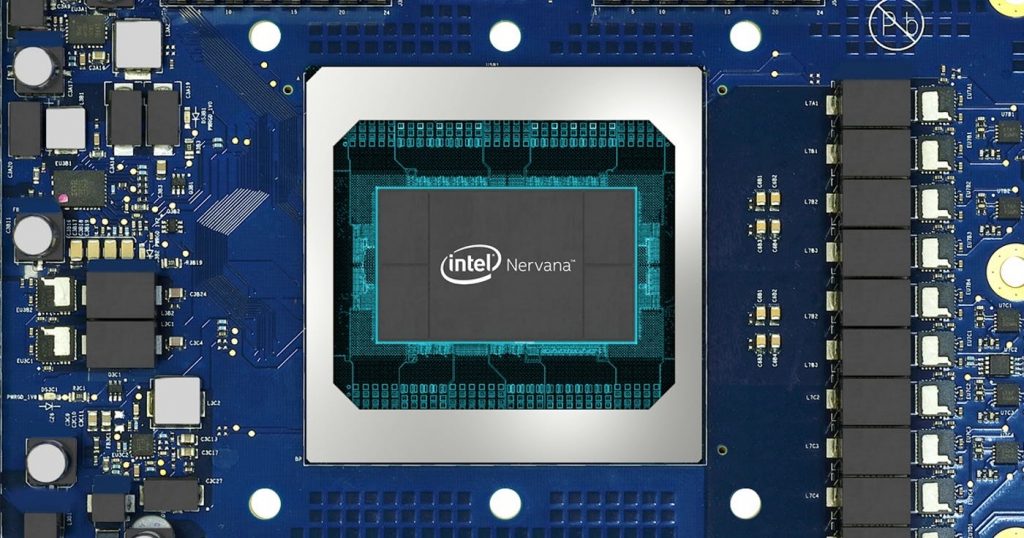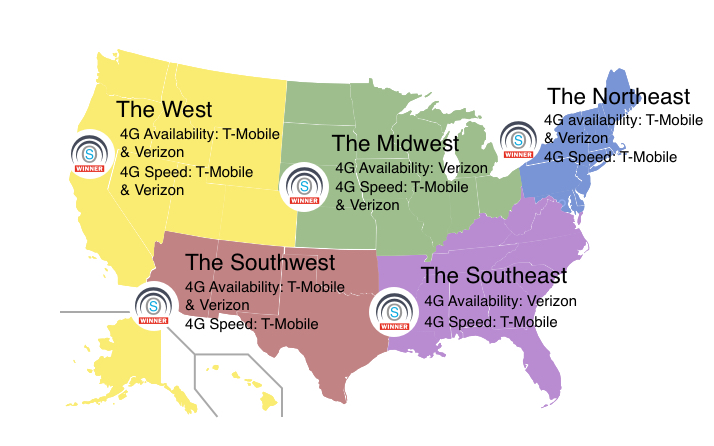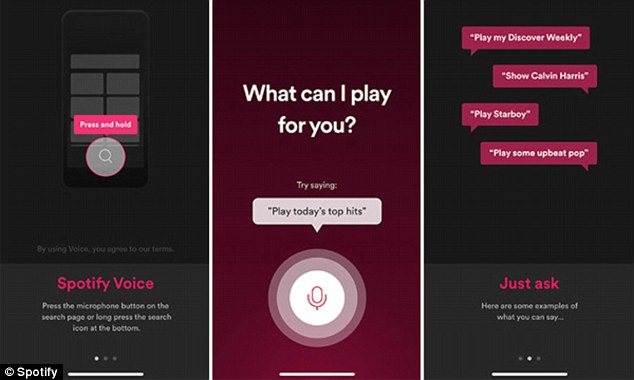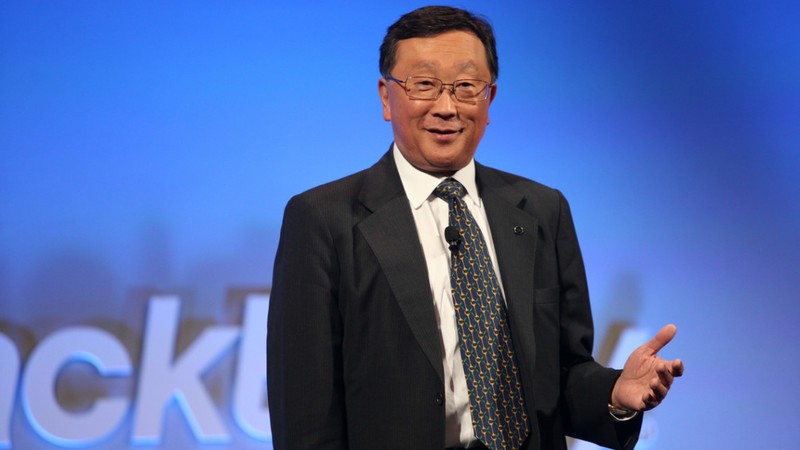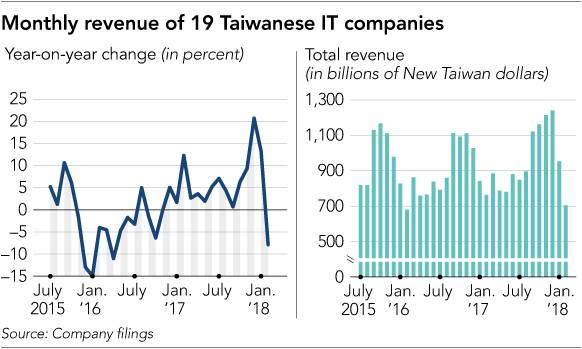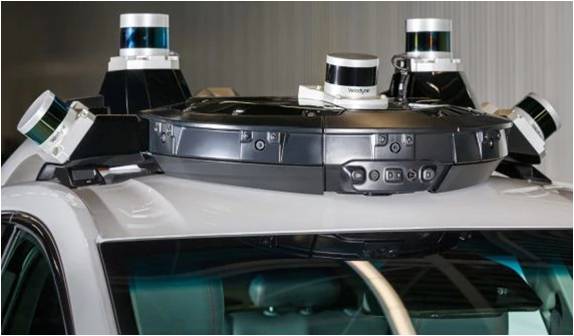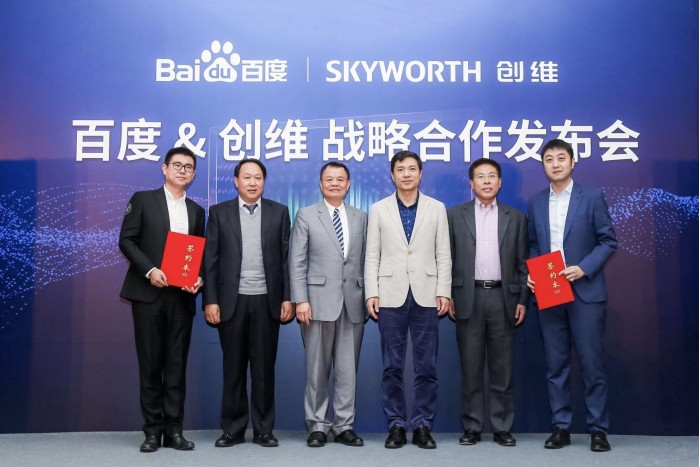
03-16: Tobii has announced a collaboration with Qualcomm; Mantis Vision is reportedly working on developing 3D sensing camera solutions with Namuga; etc.
Chipsets
Tobii has announced a collaboration with Qualcomm to make eye tracking technology available for mobile VR/AR head-mounted displays (HMDs) powered by the Qualcomm Snapdragon 845 Mobile VR Platform. (Android Headlines, Engadget, VentureBeat, PR Newswire, 163, CN Beta)
MediaTek has officially launched Helio P60 in China. The company has showcased the key features of its new chipset at the event including its AI capabilities—4×A73 + 4×A53, 3×ISP, 2×APU, 12nm from TSMC, lower power consumption. (Gizmo China, TechNews, ZOL)
Intel has unveiled a new chip with deep learning capabilities, “Nervana Neural Network Processor” , and the company is putting it to use by partnering with Ferrari North America to bring real-time, dynamic statistics to the asphalt. (Laoyaoba, Inverse)
Former Qualcomm Chairman Paul Jacobs has reportedly informed its board of directors that he will seek to partner with investment firms to make an offer for the U.S. semiconductor company. (CN Beta, CNBC, Reuters, Bloomberg, Financial Times)
Camera
Israeli startup Mantis Vision is reportedly working on developing 3D sensing camera solutions for Samsung Electronics’ next-generation Galaxy S smartphones, tentatively called the Galaxy S10. The Israeli startup is collaborating with camera module firm Namuga to integrate the 3D sensing software in a camera module. (CN Beta, BGR, The Investor)
Connectivity
According to OpenSignal, T-Mobile is in the lead when it comes to average LTE speeds across the U.S., with Verizon in a very close second. For LTE availability, T-Mobile and Verizon are neck-and-neck, with Verizon slightly ahead. Sprint is making headway here, jumping up ten percentage points. (Android Authority, OpenSignal, 163)
Phones
Spotify is testing its first voice control search feature, dubbed ‘Spotify Voice’. A trial for selected iOS users lets them control their music using just their voice. Spotify first let its plans slip through job adverts related to ‘connected hardware’. Spotify has traditionally relied on hardware from other companies to run its app. (Android Headlines, Android Police, The Inquirer, The Verge, Daily Mail, Business Wire China)
BlackBerry has announced it reached an agreement to keep CEO John Chen in his current position through 2023. Chen joined the company in 2013 and is responsible for leading the company’s recovery as it left smartphones and embraced services. (TechCrunch, DoNews)
Wistron has dismissed a report that claimed its iPhone production at a China plant had been suspended by Apple over alleged use of unauthorized components. (CTEE, CN Beta, Phone Arena, Digitimes, press)
The revenue of major Taiwanese tech companies declined year-on-year for the first time in 15 months in Feb 2018, hit by lackluster Apple iPhone X demand, a slowing mobile market and fewer working days due to the shorter month and Lunar New Year break. Overall sales of the 19 tech companies monitored by the Nikkei Asian Review dropped 7.9% from a year ago to NTD703.91B (USD24.02B), the lowest level in 2 years. (Asia Nikkei, Asia Nikkei, part 1, part 2, CN Beta)
Wearables
Google has announced that it has pivoted its wearables efforts towards “Wear OS by Google”, calling it “a wearables operating system for everyone”. Android Wear was originally announced four years ago, in March of 2014, starting with Android 4.3 and iOS 8.2. (Google, CN Beta, Apple Insider)
Internet of Things
Samsung Electronics is likely to enter the AI robot market. First of all, the company is expected to start from industrial robots and gradually expand into robots for home use. The company, however, said that it was premature to commercialize its robots. Samsung has completed the development of “Saram” (person in Korean) and the registration of trademark Saram, an industrial AI robot arm at the end of 2017. (Digitimes, Laoyaoba, EE World, Android Headlines, Business Korea)
General Motor (GM) has announced that it is going to invest USD100M to build production versions of its Cruise AV at GM’s Orion Township assembly plant in Michigan. It has already begun roof module production while the fourth generation Cruise AV is expected to hit the production line in 2019. (Ubergizmo, GM, JRJ, Sohu)
Baidu is investing more than CNY1B (USD158M) in Coocaa, the smart television unit of Chinese consumer electronic major Skyworth Digital Holdings. (CN Beta, SCMP, Asia Nikkei, China Money Network, Sohu)
